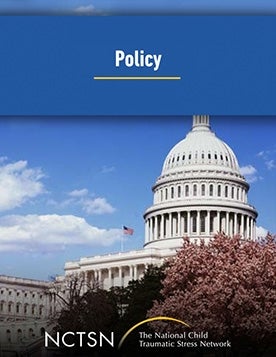
Policy Issues in Implementing Trauma-Informed Schools
Explores policy challenges and lessons learned in promoting and supporting trauma-informed schools.
The following resources on child trauma were developed by the NCTSN. To find a specific topic or resource, enter keywords in the search box, or filter by resource type, trauma type, language, or audience.

Explores policy challenges and lessons learned in promoting and supporting trauma-informed schools.
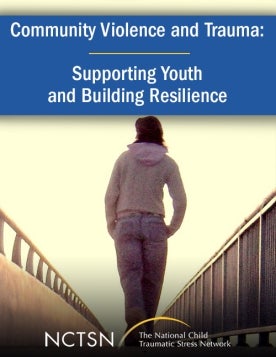
Addresses community violence in the lives of youth.

Defines resilience and factors that enhance resilience in children following a potentially traumatic event.
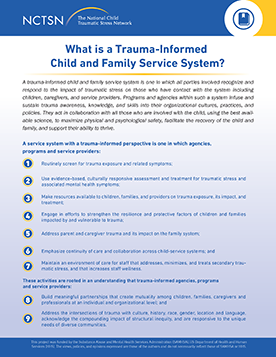
Answers the question what is a trauma-informed child and family service system. This fact sheet details the components of a trauma-informed child and family service system.
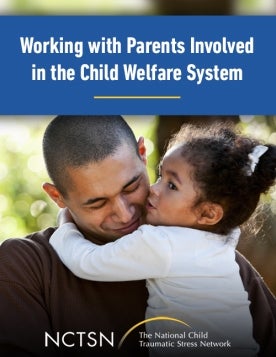
Increases understanding of the impact that parents’ own unresolved trauma can have on their capacity to engage with child welfare personnel, negotiate different aspects of the child welfare system, and safely parent their children.
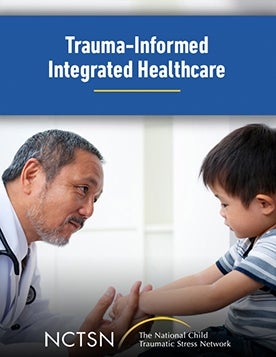
Features a trauma-informed caregiver discussing how to partner with a variety of providers including pediatricians.
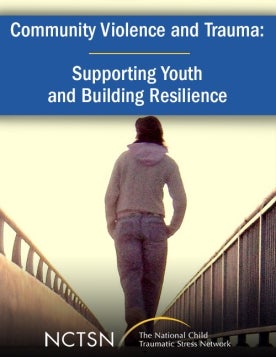
Discusses research findings and real-life experiences to better understand how gang involvement affects young people’s emotional and psychological well-being.
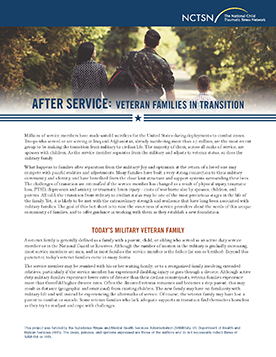
Offers providers details about the unique needs of veterans transitioning out of service. This fact sheet provides general information about today's military veteran family and challenges of military life including separation, physical disabilities or injury, and impaired cognitive functioning.
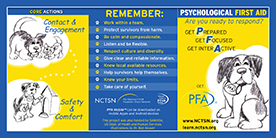
Summarizes the Psychological First Aid (PFA) eight core actions. This card is a quick reminder of the eight core actions involved in Psychological First Aid.
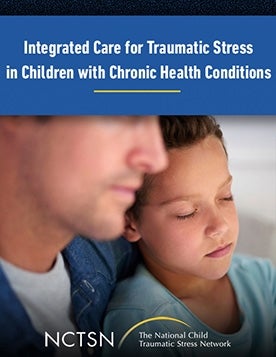
Discusses an integrated approach to recognizing and responding to child and family traumatic stress when a child has cancer.
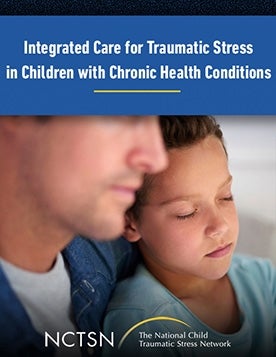
Offers information on integrated care approaches to supporting children and families dealing with traumatic stress and chronic health conditions.
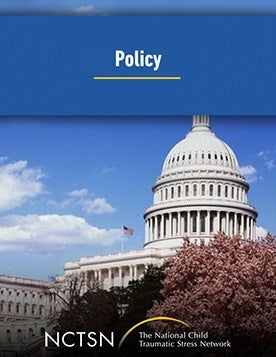
Provides an overview of several national policy challenges and solutions in the area of trauma and substance use.